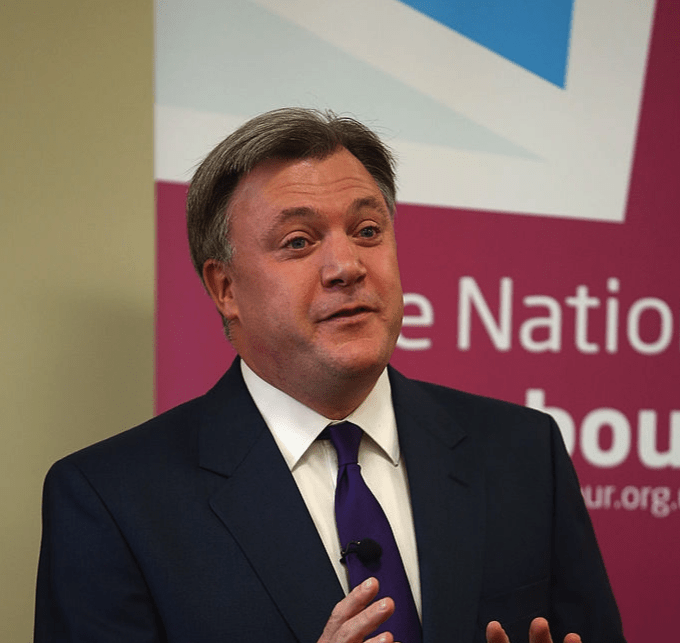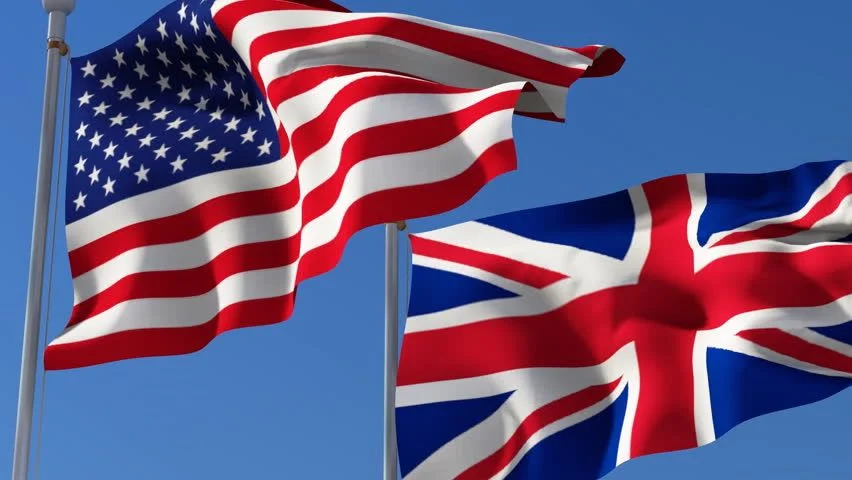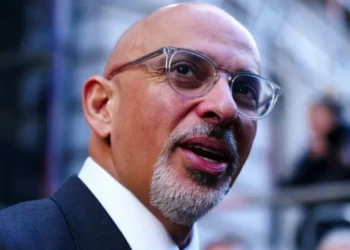Keir Starmer, the UK Prime Minister, has been cautioned that pursuing a trade deal with the newly re-elected US President Donald Trump could come at a significant cost to British farmers, already discontented with current government policies.
Concerns over potential concessions on agricultural imports and the controversial “tractor tax” are adding to the pressure.
During his previous term, President Trump showed keen interest in a post-Brexit free trade deal with the UK. However, American officials have consistently emphasized that such agreements would need to include agriculture, a contentious topic in Britain, particularly with practices such as washing chicken in chlorine and using hormones in beef production.
Potential Trade-Offs in Agriculture
Ed Balls, former Labour shadow chancellor, weighed in on the potential fallout for British farmers. “You’re gonna have to pay a price,” Balls warned, underscoring that meaningful negotiations would inevitably require concessions.
“Are we willing to make concessions in the areas where the US will absolutely want us to do so for a meaningful trade deal? Two fundamental things you have to be willing to concede on: One is on agriculture, on American beef, on hormone-injected beef.”
Ed Balls
He continued, “You have to be willing to say to British farmers: ‘We’re really sorry, but in order to deliver lower American beef imports, you’re gonna have to pay a price.’” This, according to Balls, poses a significant challenge, especially in light of tensions between the government and farmers, represented by the National Farmers Union (NFU).

Healthcare Could Be a Sticking Point
Another sticking point, Balls suggested, would be healthcare. For a substantial deal with the US, Starmer’s government would need to allow greater access for US healthcare firms to the UK market. Balls predicted that Labour would face the hard decision of permitting American healthcare companies to “provide services which NHS providers provide.”
This consideration could reignite debates over the future of the National Health Service and the potential implications of further private-sector involvement.
Past Promises and Current Realities
Last year, former Prime Minister Rishi Sunak took a firm stance against the inclusion of chlorinated chicken and hormone-fed beef in any future trade agreements. Such practices are common in large-scale US farms and have been met with significant resistance from both British farmers and consumers due to health and ethical concerns.
Rachel Reeves, Chancellor of the Exchequer, has already faced backlash for rejecting alternative measures to her planned inheritance tax on family farms. This proposal, dubbed “cruel” by critics, has heightened anxieties within the farming community, which fears further financial strain and possible closures.
Farmers argue that introducing US agricultural practices would only exacerbate their challenges, making it harder to compete domestically and internationally. The proposed inheritance tax adds another layer of pressure, potentially spelling the end for many smaller, family-run operations.
As Starmer considers forging deeper economic ties with the US, he must weigh these potential trade-offs against public sentiment and the current economic situation. The pursuit of a lucrative trade deal with Trump’s administration may bring economic benefits but at a possible cost.
With the farming sector already expressing dissatisfaction, the Prime Minister faces the dual challenge of securing growth while maintaining trust and support from key domestic stakeholders.
READ ALSO: CDD-Ghana Director Decries Capitalism’s Influence on Modern Politics























